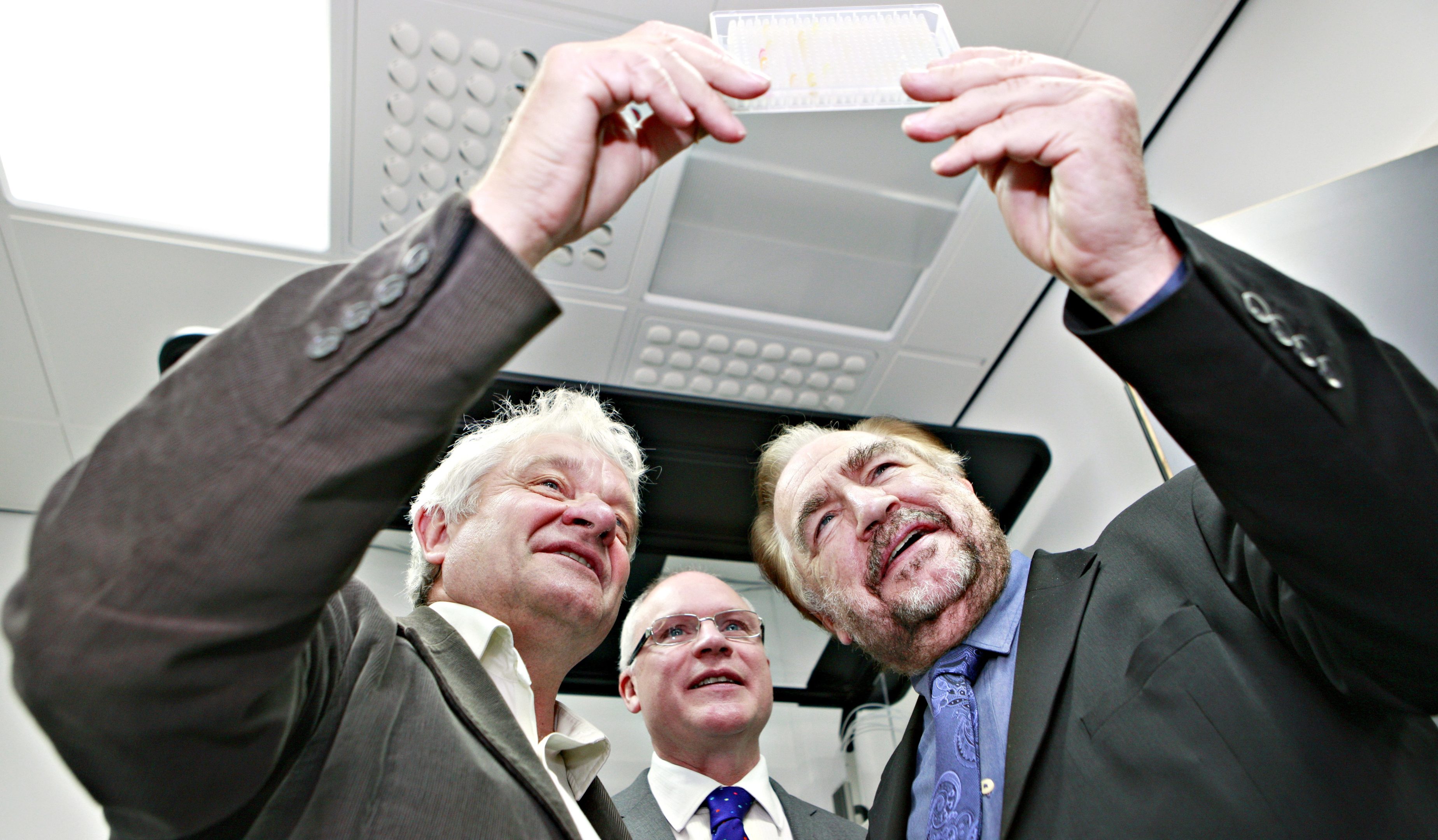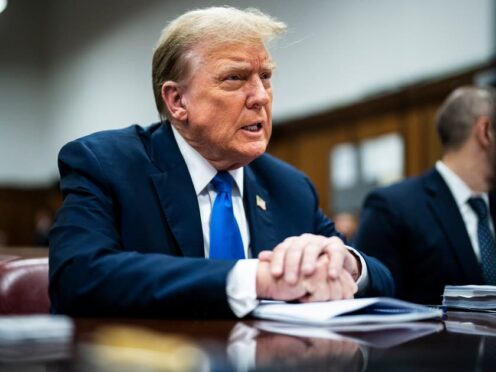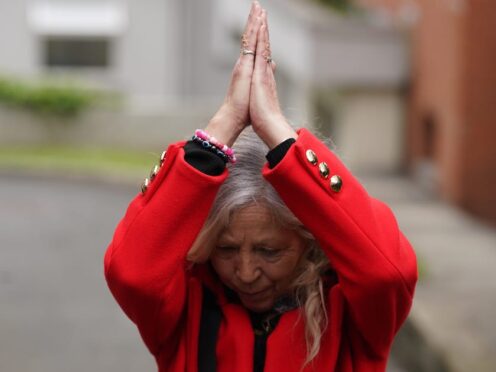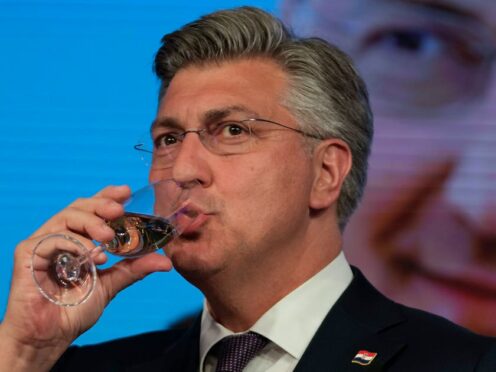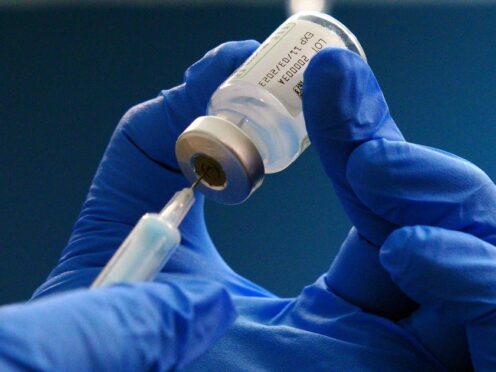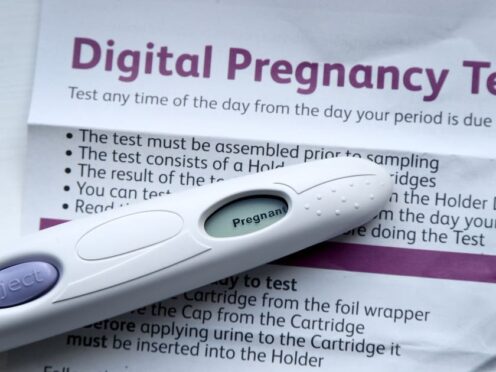Scientists have been left “disappointed, dispirited and heartbroken” by the decision to leave the European Union.
Nobel Prize-winning biologist and former Royal Society President Sir Paul Nurse spoke for many of his colleagues when he said: “This is a poor outcome for British science, and so is bad for Britain.”
Dr Sarah Main, director of the Campaign for Science and Engineering (CaSE) called the outcome “a real challenge for our sector”.
Others from the world of science and medicine were unable to rein in their emotions. Professor Simon Wessely, president of the Royal College of Psychiatrists’, first response was blunt.
“One way flight to Zurich please,” he said.
He added: “There is no way I can pretend to be anything other than dispirited and disappointed.”
Leading molecular biologist Professor Anne Glover, external affairs vice-principal and dean for Europe at Aberdeen University, said: “I am personally heartbroken and I have great concern for the future of British science, engineering and technology.”
Professor Sir Robert Lechler, president of the Academy of Medical Sciences, said: “This is a very disappointing outcome for medical science.”
Dr Peter Cotgreave, chief executive of the Microbiology Society, called the result “concerning for UK science”.
Before the referendum, scientists almost universally backed the remain campaign.
Science benefits in two main ways from EU membership. British scientists receive billions of pounds worth of research funding from Brussels, and being within the EU greatly facilitates their ability to collaborate with their continental colleagues, recruit the best brains from Europe, and share ideas.
